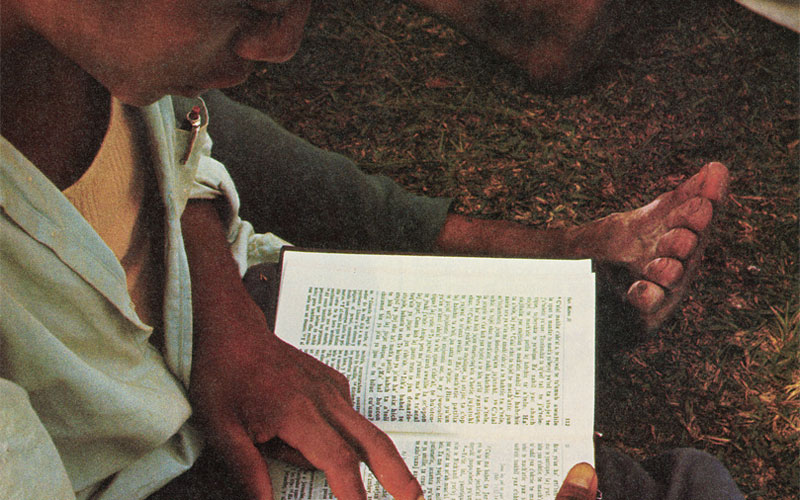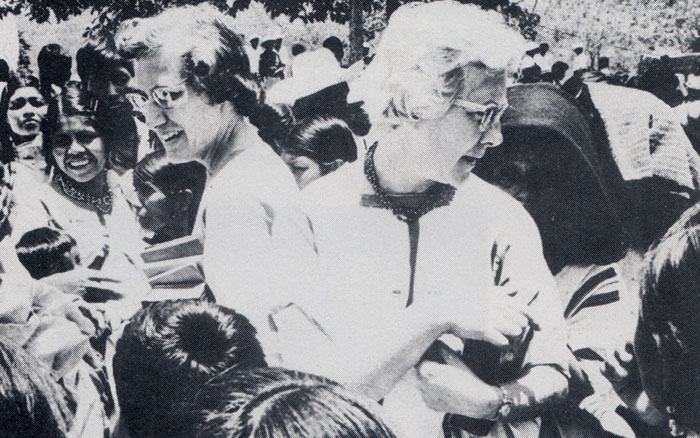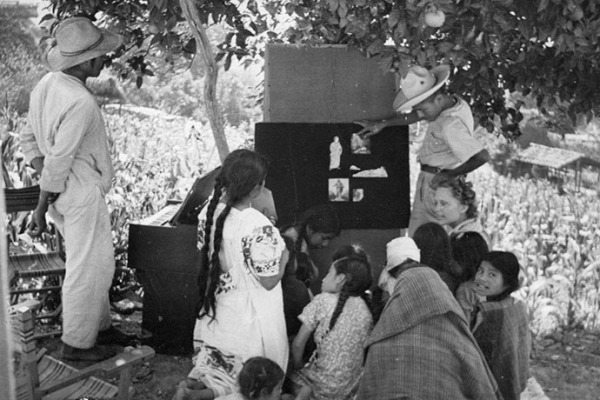Three-Time Pioneers

In 1956 Marianna and Florence helped complete the Highland Tzeltal New Testament for roughly 1,000 believers across 40 congregations. Reacting to the Scriptures in his own language, one believer prayed, “Lord, it isn’t enough that now in our hands we have Your Word written in our own language. Write it in our hearts, Lord, and let it be seen in what we do and say each day that we believe in You and that we obey Your commands.”
The Tzeltals had their New Testament, and Marianna and Florence had completed their task. Or had they?
They didn’t think so. They had discovered that the Bachajón people were no longer opposed to having translators come and work with their Lowland Tzeltal dialect. So Marianna and Florence made the move and a translation began anew.
Because the dialect was similar to the Highland Tzeltal dialect, the Bachajón New Testament was published and placed in the hands of the people about nine years later.
Surely now Marianna and Florence could be satisfied that the work they came to do in Mexico was done. After all, there were believers like Domingo Mendez, a language helper who told his people, “We have given thanks to God for this Book. Now are we going to use it? It isn’t to be put in a box but used to reach those of our people who do not believe.”

But there was no thought for Marianna and Florence of doing anything other than pioneering in another area. So in 1964, they moved to Colombia.
A government representative accompanied them to Páez territory and left them with a family who turned out to be believers and hosts for Sunday services. The arrangement was also ideal from a language-learning standpoint. Five hundred people came to Florence’s clinic each month, and Victor Porifio, father of the family, became Marianna’s language helper for translation of Páez stories and the Gospel of Mark.
Later a local Bible institute graduate became a language helper for what resulted in a 12-year project to translate the remainder of the New Testament. Final checking also involved two other ordained Páez pastors who had helped teach adults to read and write and had also taught in the Páez Bible school. The three shepherded 22,000 Páez believers worshipping in 200 churches.
When the first 100 copies of the New Testament arrived, members of the Páez community reacted. “Lord,” one prayed, “having Your Word in our very own language is just like having You here in our midst.” Another, who had been practicing his reading in anticipation of this day, clasped the Book to his heart, exclaiming, “At last!”
Today the Highland Tzeltals, Bachajón Tzeltals and Páez all have the Scriptures in their own languages.
Your prayers can help more communities in Mexico and other nations get Scripture in their language.




